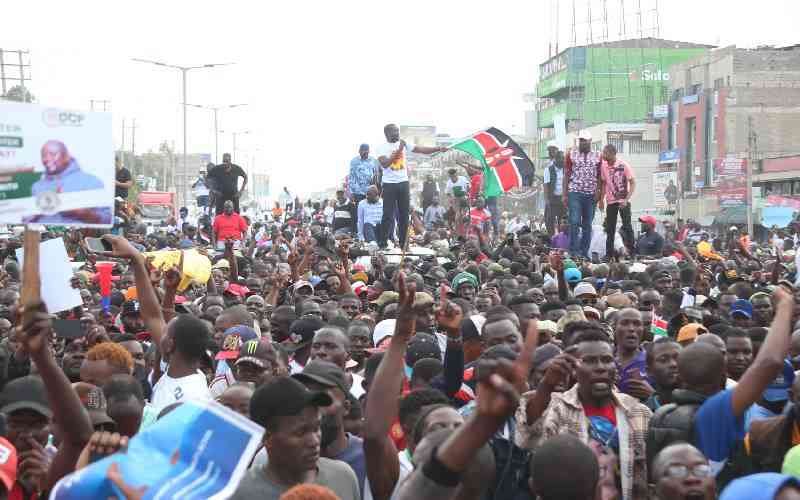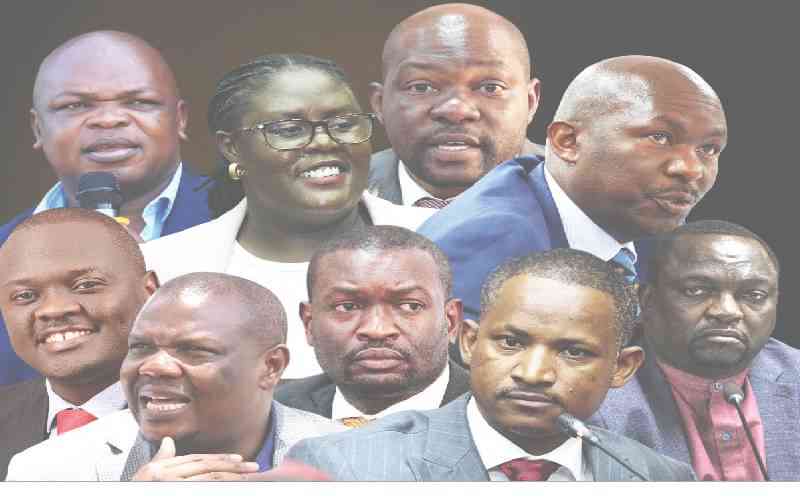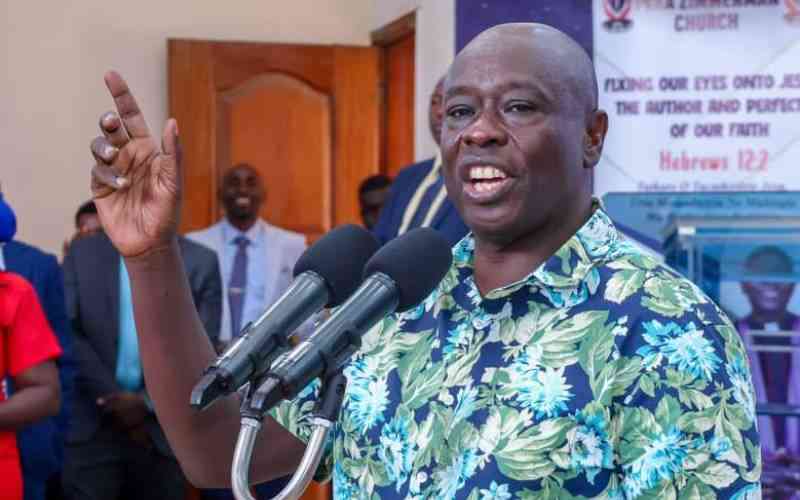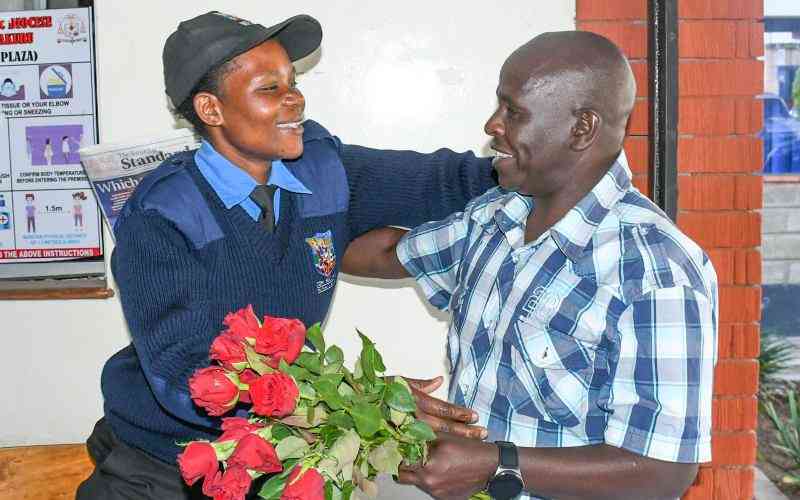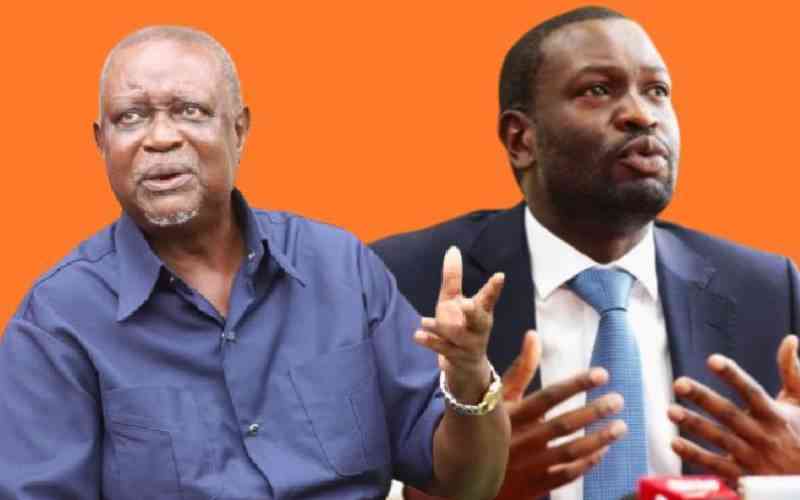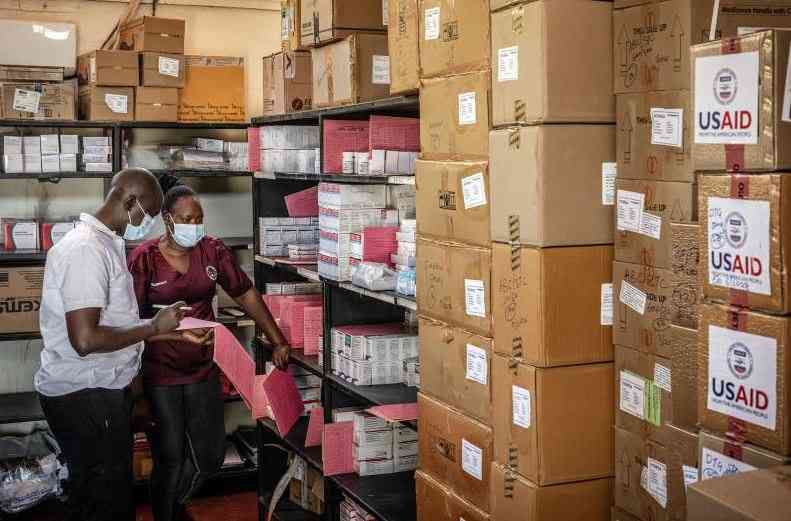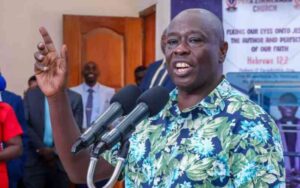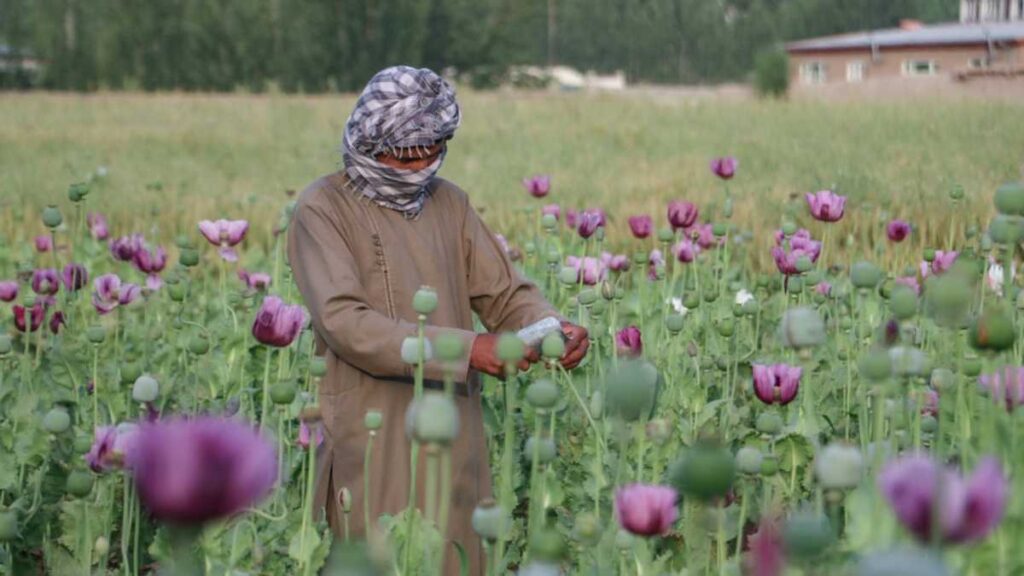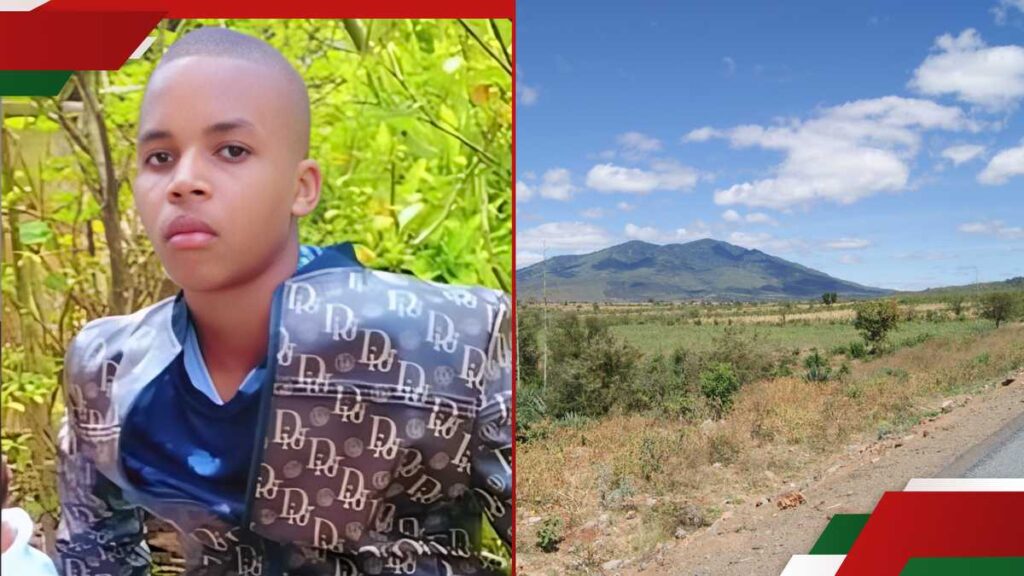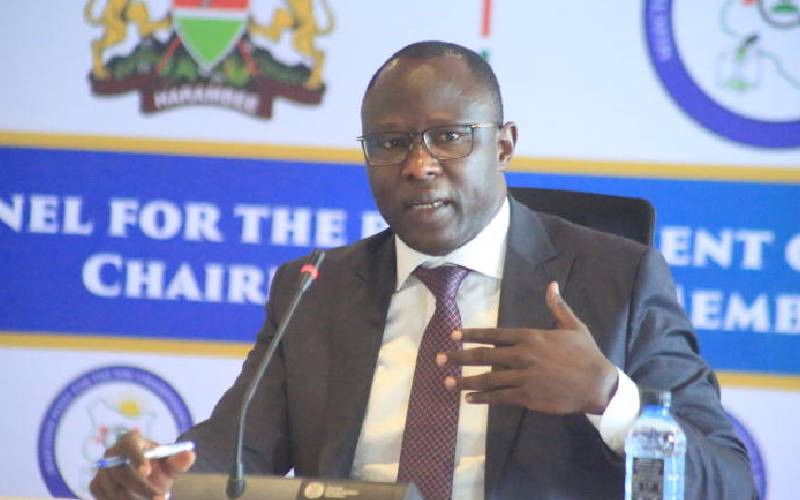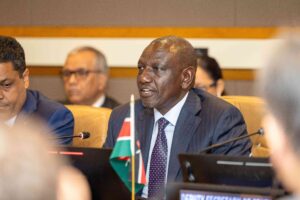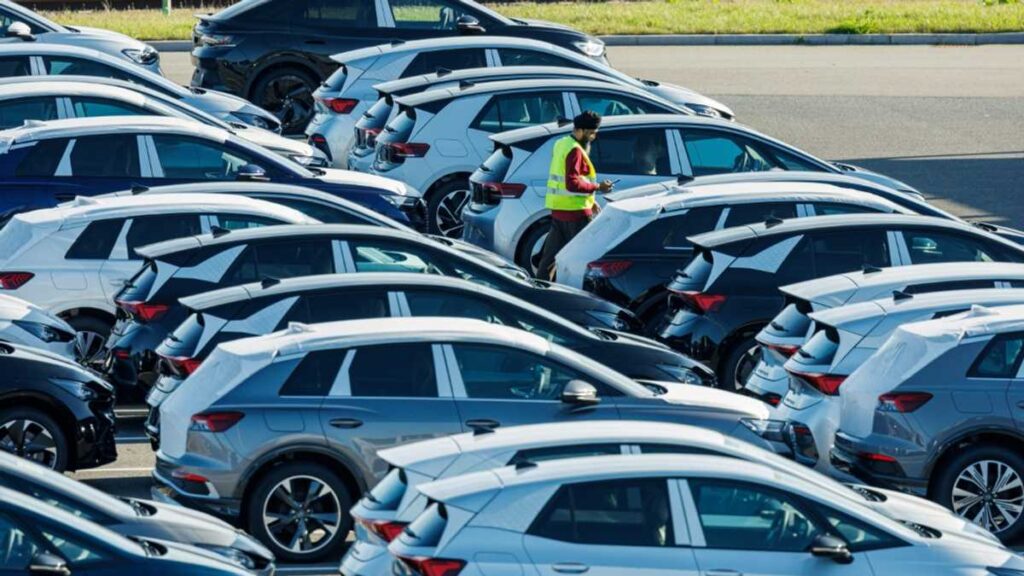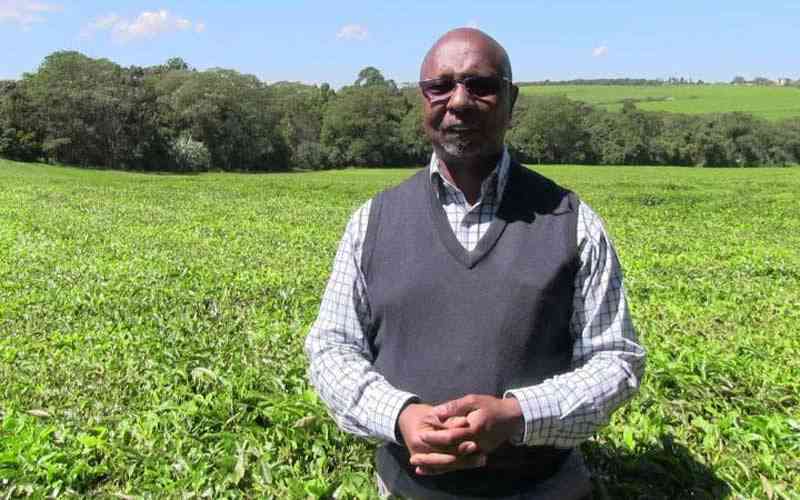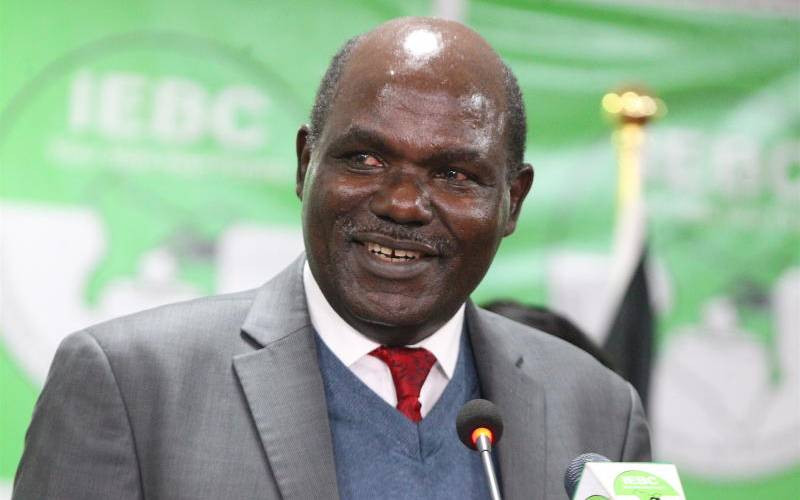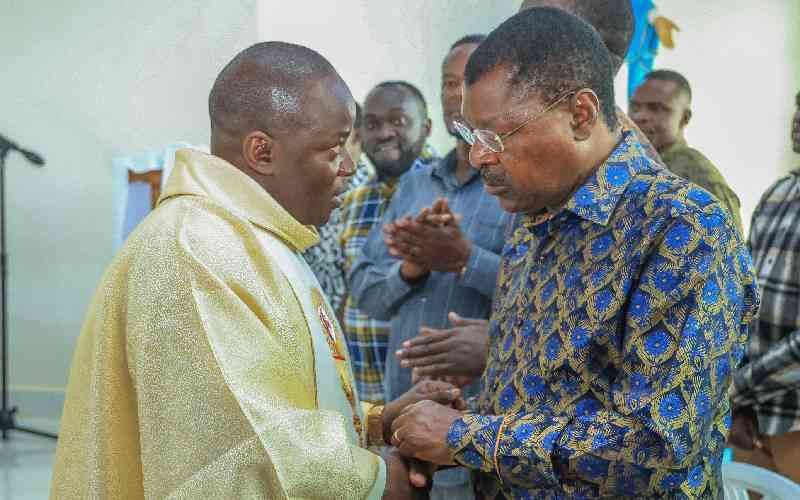Kenya stands out as a global leader in support for international cooperation, with 72 percent of its population backing the idea.
This is according to The Rockefeller Foundation’s released findings of a new global poll that shows considerable, but fragile, support for international cooperation.
FocalData, a research technology company, was engaged to conduct the survey between August 8 to September 10, 2025.
The ranking places Kenya among the top countries globally, alongside India at 81 percent, South Korea (73), Nigeria (71), and South Africa 70 percent, with Sub-Saharan Africa overall showing strong support at 68 percent.
At a moment of massive global disruption, including dramatic cuts to humanitarian and development work, The Rockefeller Foundation’s new survey captures how people view global cooperation and key international institutions.
The USA President Donald Trump recently announced various measures to cut funding to United States Agency for International Development (USAID), which risks support to humanitarian crises in Africa.
A total of 36,405 adults were polled in 34 countries. This includes countries in Sub-Saharan Africa – Ivory Coast, Ghana, Kenya, Nigeria, South Africa.
“At a moment when the world is struggling to cooperate on addressing shared threats, The Rockefeller Foundation can once again help bring people together from across the world and across political divides to test new ideas and catalyse innovative solutions that will save lives,” said Ndidi Okonkwo Nwuneli, President and CEO of the ONE Campaign and member of The Rockefeller Foundation’s Board of Trustees.
The results of the survey show that despite cuts to development aid and rising nationalist rhetoric around the world, most people still want nations to work together to take on common threats.
Yet the findings also show that support for global cooperation, while real, is fragile.
People back cooperation when it delivers results, though some survey respondents remain sceptical that international cooperation serves their interests.
For example, 75 percent of people surveyed globally would support international cooperation if it is proven to effectively solve global problems and 76 percent would support international cooperation if it is proven to solve problems in peoples’ own countries.
Today, less than half, 42 percent of those surveyed globally, think international cooperation is in their personal interests.
“For too long, the narrative around development in Africa has been focused on aid rather than on partnership and mutual benefit. This new data confirms what we’ve always known—that Africans want a system of international cooperation that is not only effective but also equitable,” said William Asiko, Vice President of Africa at The Rockefeller Foundation.
He added: “Build the Shared Future provides a powerful opportunity to design and implement solutions that prioritize local leadership, leverage innovation, and build a more resilient and prosperous future for the continent.”
Stay informed. Subscribe to our newsletter
People around the world overwhelmingly believe that global cooperation is important to take on central global issues, from jobs at 90 percent, trade and economic development (92), food and water security (93), global health (91), climate (86) and poverty and inequality at 90 percent.
However, trust in some existing institutions that can guide or drive global cooperation is relatively lower, including for the United Nations at 58 percent, World Health Organisation at 60 percent, the International Monetary Fund at 44 percent amongst others.
The Foundation also at the same time announced the launch of a new US $50 million(Sh6.4 billion) Build the Shared Future initiative, in which the 112-year-old philanthropic organisation aims to develop solutions that more effectively respond to crises and promote a healthier, more prosperous, and secure future for all.
The Build the Shared Future initiative aims to galvanise the global community to leave behind an inadequate status quo and get smarter, more creative, and more collaborative in tackling the world’s biggest threats.


